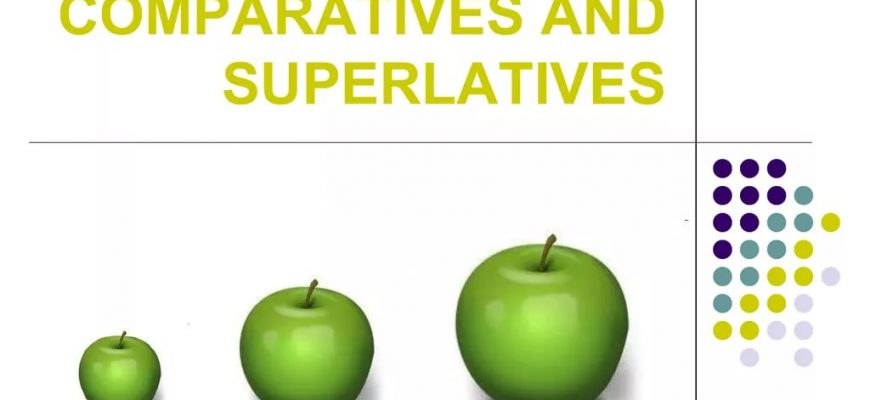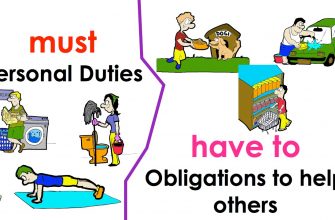- Comparative and superlative adjectives
- Comparative adjectives
- Two things
- less … than
- not as … as
- than me / than I am
- much/a lot/a bit more
- Superlative adjectives
- Three or more things
- the best in
- the best I’ve ever …
- the / my / John’s
- Comparative and superlative adverbs
- Compare actions
- more slowly
- Exercises on the theme:
Comparative and superlative adjectives
Comparative adjectives
Two things
We use the comparative form of an adjective to compare two things. When we compare three or more things, we use the superlative form of the adjectives.
- White meat is healthier than red meat.
- Travelling by bus is more comfortable than travelling by train.
less … than
When comparing two things, we can also use the form less + adjective + than (less ≠ more).
- Peter is less considerate than Marta. (= Marta is more considerate)
not as … as
We can also use the form (not) as + adjective + as.
- Peter isn’t as considerate as Marta. (= Marta is more considerate)
than me / than I am
After than or as … as we can use an object pronoun (me, you, him, etc.), or we can also use a subject pronoun (I, you, he, etc.) + verb.
- My sister is taller than me. / My sister is taller than I am.
- His sister is more intelligent than him. / His sister is more intelligent than he is.
much/a lot/a bit more
Before the comparative (more or –er) we can use much, a lot or a bit.
- He’s a bit taller than me.
- Florence is much more interesting than Pisa.
- My car is a lot more expensive than yours.
Superlative adjectives
Three or more things
We use the superlative form of an adjective or adverb to compare three or more things.
- Both John and his brother play football, but John is better.
- John and his two brothers all play football, but John is the best.
the best in
After the superlative we use in before names of places or before singular words referring to groups of people (class, school, team, family, etc.)
- The Everest is the highest mountain in the world. (NOT
of the world) - She is the best student in the class.
- He’s the tallest in the family.
the best I’ve ever …
We often use a superlative adjective with the present perfect tense of a verb and the word ever.
- This is the best movie I’ve ever watched.
- She is the most beautiful woman I have ever seen.
the / my / John’s
Before the superlative we always use the or a possessive adjective (my, your, his, etc.) or noun (Paul’s, Elisabeth’s, etc.)
- He is the best.
- This is my most expensive jacket.
- This is Paul’s best friend.
Comparative and superlative adverbs
Compare actions
We can use the comparative or superlative form of adverbs to compare actions
- She drives fast, but I drive faster.
- He plays well, but I play better than him.
more slowly
The adverbs that are formed by adding -ly to the adjective (adverbs of manner), take more to form the comparative, and the most to form the superlative.
- She speaks more quietly than her boss. (NOT
quietlier) - He cooks well, but more slowly than his workmates. (NOT
slowlier)
Adverbs of one or two syllables are like adjectives; they take -er in the comparative and -est in the superlative (early-earlier, late-later, fast-faster, hard-harder, etc.)
- He works harder than me.
- She always arrives later than her boss.








